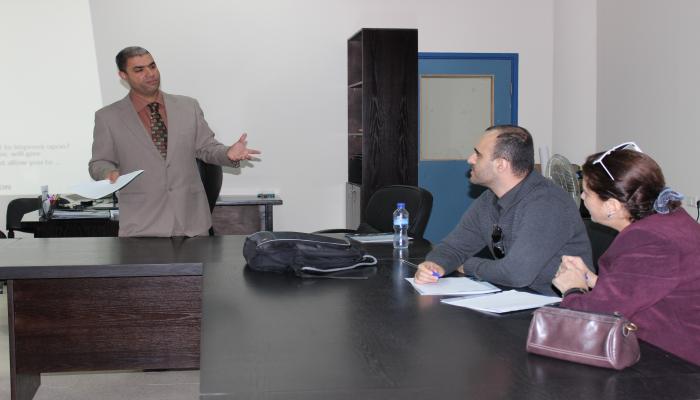1. The Art of Discussion Leading
September 2014
The workshop presents one framework for successful leading of class discussions. The participants will view and analyze examples from good and bad practice in engaging students in classroom discussions. We will name and define strength and weaknesses in both cases. We will have students voice their own expectations from lectures. We will also reflect on and share our own practices.
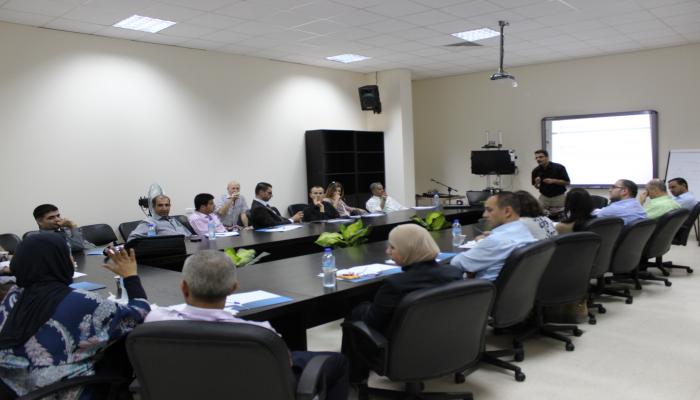
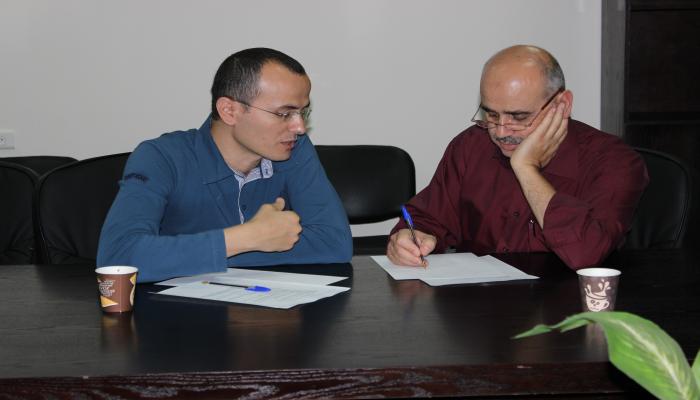
2. Community Based Learning
October 2014
Community Based Learning (CBL) is a learning approach in which academic institutions and community organizations work together in order to meet their common needs. While the communities provide the worksite as an extension of the classroom, the students help the organizations to solve their problems through projects proposed based on both sides’ interests. The main principle underlying CBL as a learning approach is that through exposure to both community and classroom environments, students can most effectively and efficiently acquire knowledge, build skills, and develop useful attitudes.
This workshop aims to introduce the Community Based Learning to participants, most of whom have limited experience in designing CBL courses. The participants will acquire the necessary knowledge and practical application of CBL through three interactive sessions. The first session is meant to introduce the CBL as a learning approach, actors of CBL, elements of a high quality CBL, its limitations and challenges. The second session aims to help participants understand the CBL framework through which the participants will design and implement their courses. The aim of the third session is to strengthen the theoretical background introduced in the first two sessions by giving the participants a chance to draft their CBL course plans.
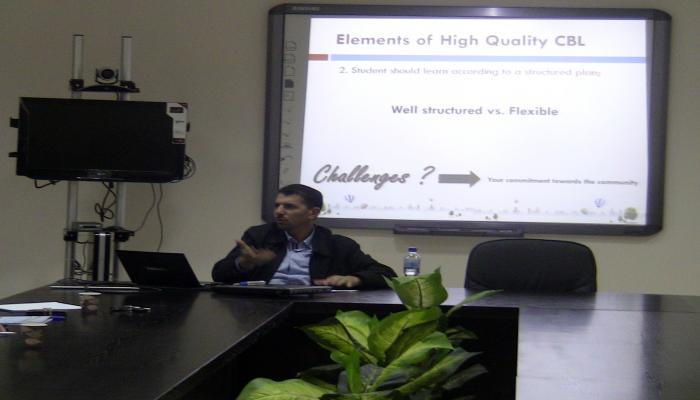
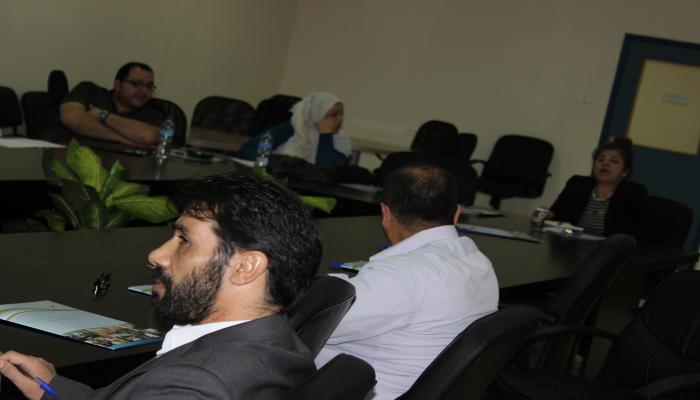
3. Project Based Learning
October 2014
Innovative educational methods like Problem and Project Based Learning are very much learner centered approaches. When integrating real time projects in university course plans, the learners are given the opportunities to work in teams and with company tutors or community partners to design and implement project plans. The learners will receive advice and coaching from teachers and tutors on how to deliver high quality projects. This workshop trains participants on how to design and lead courses using the problem and project-based learning methods. It also helps participants reflect on ways to address the challenges encountered when using these methods.
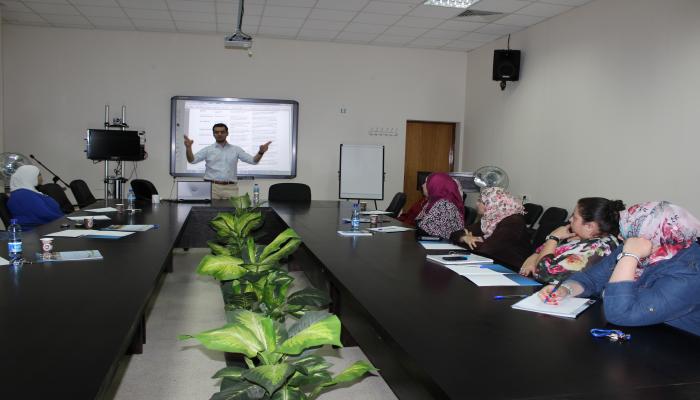
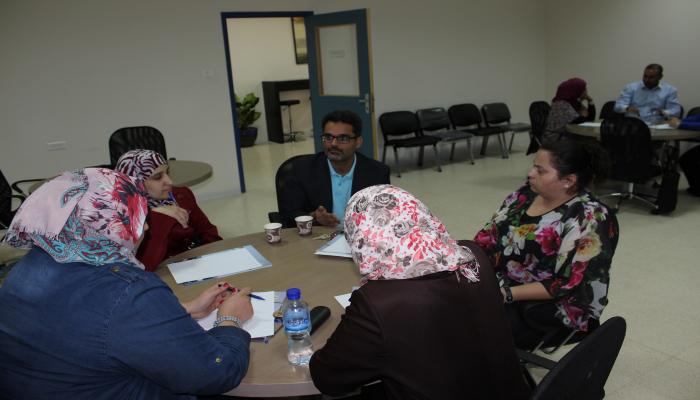
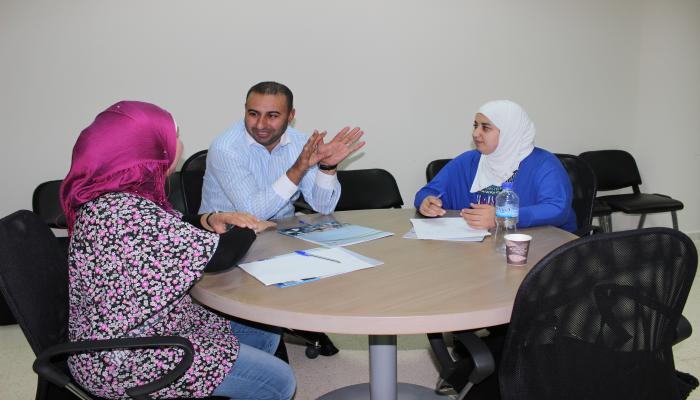
4. New Assessment Methods
November 2014
Much curriculum upgrade effort on campus has been lately focused on integrating a practical side along with the theoretical side in the course plans. The practice will help learners develop the necessary skills to translate the knowledge acquired into tangible course products. Therefore, we feel it is important to train faculty members to measure and evaluate those skills using tools that are designed to measure learner performance along with product quality. The main objective of this workshop is to train faculty members on using new assessment methods like portfolios, project evaluation schemes, presentation rubrics among others.
